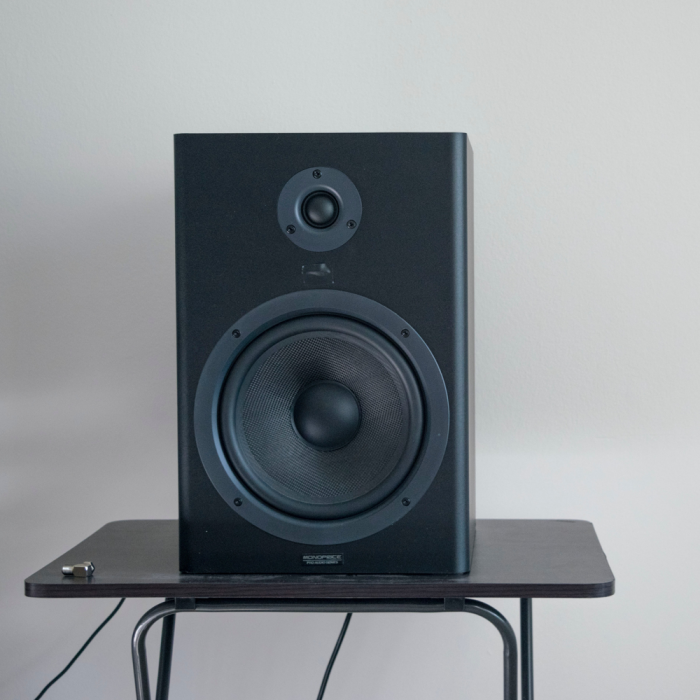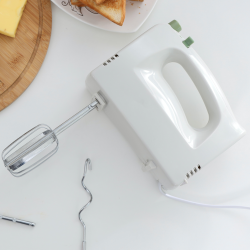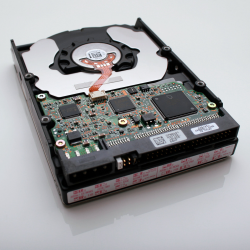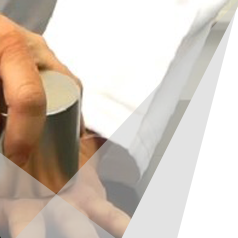Magnets can be found in every household… even yours! Several items around your home will be using many types of magnets some in plain sight some completely hidden without you even knowing. The magnets may be permanently magnetic or powered by electricity.
To help you realise how important magnets are in your day-to-day life we’ve put together a list of six things in your house using magnets you didn’t know about.
.
Speakers
Any speaker around your home contains a stationary magnet from earphones to Bluetooth speakers.
These stationary magnets are in a metal frame, a paper diaphragm and a wire coil moulded into the diaphragm’s centre. An electric current flowing through this coil will cause the magnetic forces between the coil and magnet to make the diaphragm vibrate in and out.
This vibration produces the music you hear.



Cupboard Doors
Many cupboards and closet doors will have a magnetic closing. Created using either one magnet and steel or two magnets, a magnetic latch has enough force to keep doors securely shut but also can still be opened with ease.
The most common magnetic door is the magnetic refrigerator door seal found on almost every fridge.

Kids Toys
Several children’s toys use magnets in them including our building blocks, magnetic putty and our educational chalkboards.
Magnets play a key part in each of these toys but parents should be aware and check that all magnetic toys are suitable and safe for their child’s age range.


Debit and Credit Cards
Each bank or credit card in your wallet will have its own magnet. A dark magnetic strip that contains data codes including the account number and your name can be found on the back of your card.
This strip allows the data codes to be converted into readable words and numbers when you swipe your card while shopping. It’s important to know that these strips have relatively weak magnetism, so any contact with very strong magnets can damage or erase the data on the strips.

Motorised Appliances
Any household item using a motor such as a hoover, blender or even your coffee machine will be using magnets. Inside each products motor, wire coils will produce repelling forces when an electric current flows through forcing the motor to spin.
Unlike magnets used on your fridge or cupboard doors, these magnetic coils will have no magnetism when the device is turned off.



Computers
Magnets are most commonly used to store data on hard drives.
Magnets alter the direction of magnetic material on a hard disk to represent computer data, computers then read the direction of each segment to ‘read’ the data.
As well as the hard drive the speakers of a computer will use magnets.



